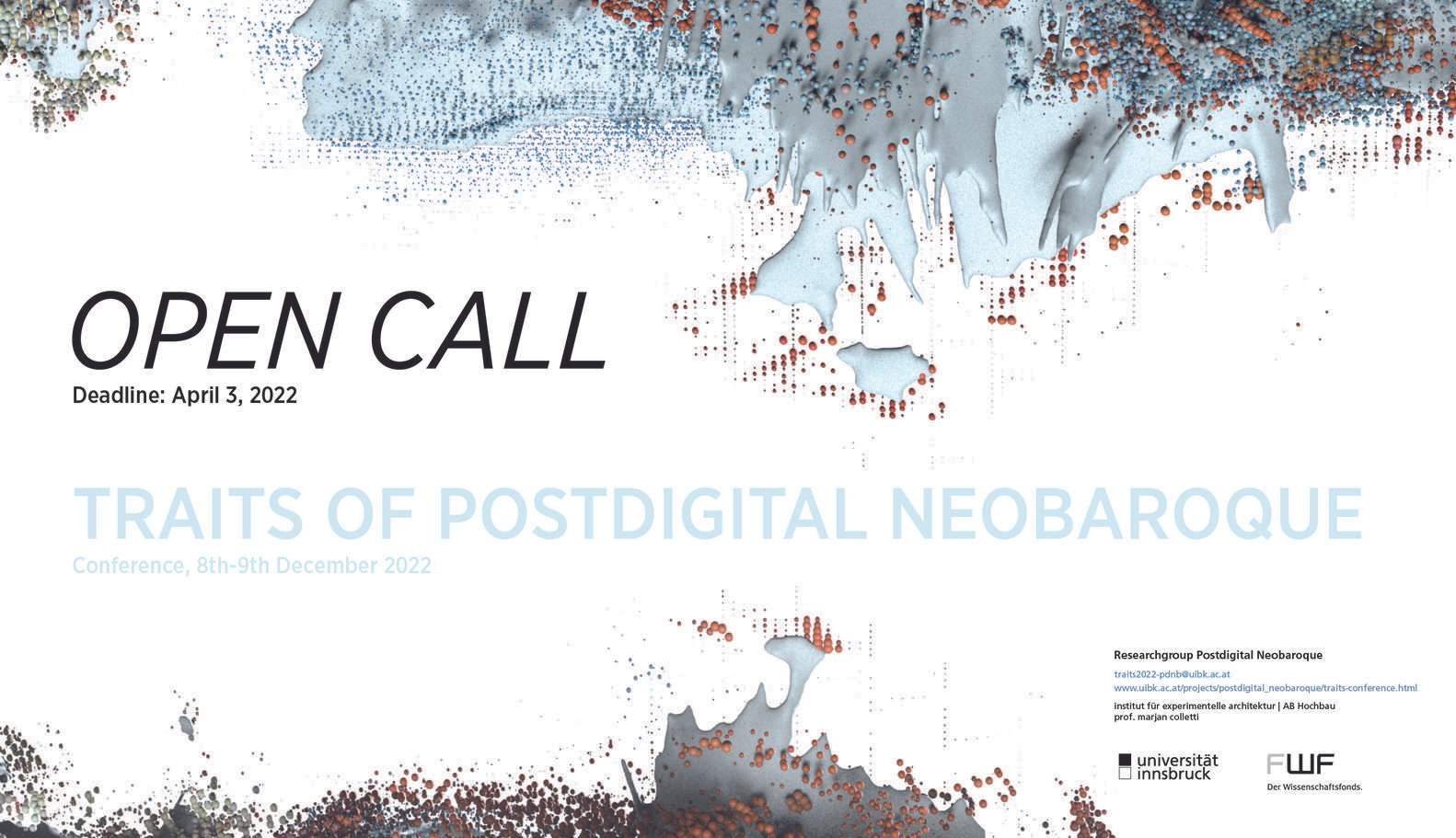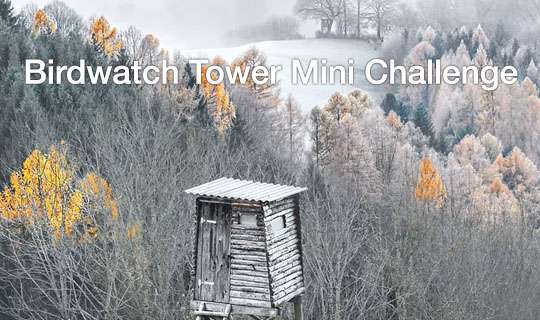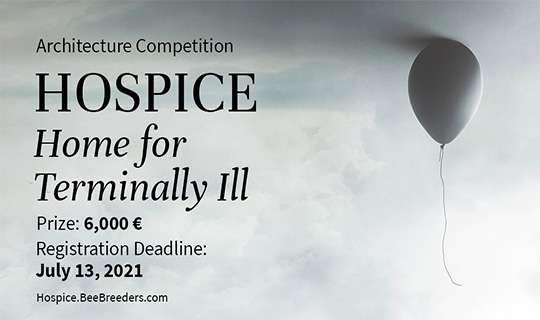Architecture Competition: open call: TRAITS of Postdigital Neobaroque Conference 2022
TRAITS 2022 Call for Abstracts invites investigations of the intersection of postdigital and neobaroque. It asks contributors to reflect upon the interlinkage between the two terms and to find individual, open interpretations: What are postdigital neobaroque traits? Further, what theoretical and aesthetical framework for architectural theory and design would the interlinking of neobaroque and postdigital suggest? Research has shown that there is no agreement on a common aesthetic canon given by the neobaroque and the postdigital paradigms: in architecture, for example, one post-digital trajectory aims at static, simple, 2D flat collages, whilst the other points to dynamic, complex, 4D animated computational systems. The conference addresses the latter and hopes to create a platform for like-minded theorists and artists to exchange ideas and visions and to discover each other’s work. The aim is to collect a broad spectrum of contributions to trigger a discourse on contemporary design and theory. Submissions by multidisciplinary teams and collaborations are strongly encouraged.
Submission Deadline: April 8th, 2022
Mail to: traits2022-pdnb@uibk.ac.at
SUBMISSION TYPES:
Projects:
The call specifically asks for design work that extends the neobaroque concept of thought towards postdigital traits and vice versa, artistically illustrates theoretical ideas from this discourse and describes/operates on thresholds between the neobaroque and the postdigital. Project submissions are not limited to the presentation of design works per se, but can also include speculative experiments, theoretical arguments, mission statements, observations, multi-media (incl. AR/VR/MR) installations, or provocative artefacts. They will be discussed and showcased in an onsite exhibition.
Theories:
Contributors are invited to use the stated questions as a starting point for their reflections. If particularly suitable examples are found, then the contribution may be based on a comparative formal analysis of either built or designed architectural projects, art, literary works, performances, or video pieces — highlighting differences and/or similarities. This method is at the core of the theoretical side of the research project. Since the Swiss art historian Heinrich Wölfflin famously described, in Principles of Art History (1915), the formal differences between the Baroque and the Renaissance.
Link to the conference with all information and an overview of the submission formats and conference topics: https://www.uibk.ac.at/projects/postdigital_neobaroque/traits-conference.html
Download the information related to this competition here.






